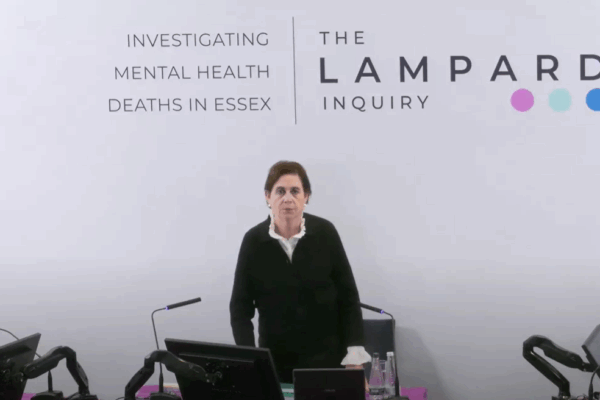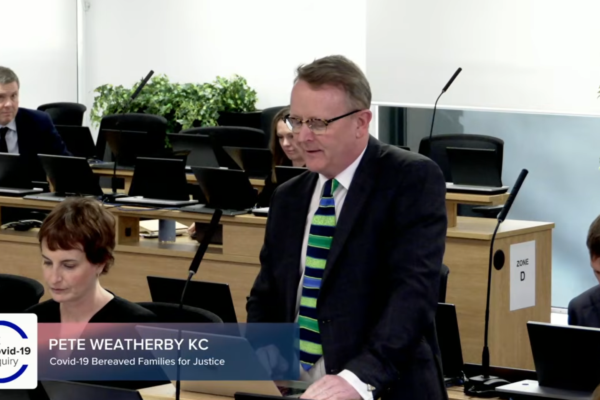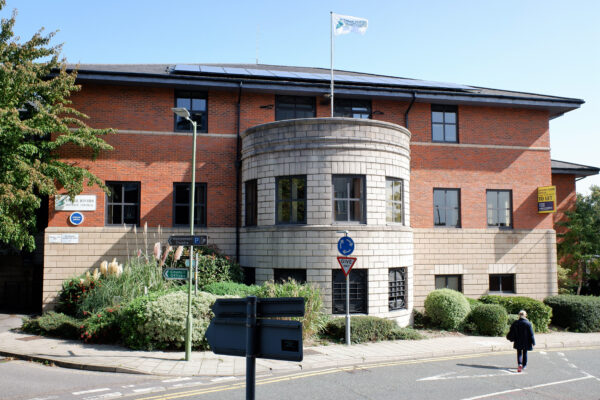The Nealon and Hallam case – Why it provides a backdrop to the battle to save the Human Rights Act
11 May 2015
Garden Court North Chambers’ Matthew Stanbury is acting for Victor Nealon and has previewed the significance of the case in his blog, which is reproduced below with permission.
When Michael Gove turns up for work at Petty France this week, his first job (we are told) is to oversee the proposed repeal of the Human Rights Act 1998. Topically, therefore, the first significant piece of litigation of his tenure as Lord Chancellor, which is to be heard by the Divisional Court at the RCJ on 12 and 13 May, invokes the Human Rights Act to challenge primary legislation.
Inconveniently for Mr Gove the claimants, Victor Nealon and Sam Hallam, are not foreign criminals, or terrorists, but rather are two men who were wrongfully convicted and spent many years in prison for crimes they did not commit. Background to the Nealon case can be found here, and a very recent interview with Sam Hallam setting out the impact of his wrongful conviction is here.
The government has refused to compensate the men, having last year introduced legislation (section 175 of the Anti-Social Behaviour Crime and Policing Act 2014) which means that only those who can establish beyond reasonable doubt that they are innocent will be compensated. The claimants argue that this requirement offends the presumption of innocence, which has its roots in English common law, but is incorporated within Article 6(2) of the European Convention on Human Rights. Also topically (given the unlikelihood of a Human Rights Act repeal taking effect in either jurisdiction), the new provisions do not apply in Scotland or Northern Ireland, where a more generous test for compensation is applied in accordance with an earlier Supreme Court ruling.
The government is making various arguments in opposition to the claim, including that presumption of innocence was never intended to apply to this type of scenario, and that the Strasbourg case law relied upon by the claimants should not be followed in view of what it says is a binding decision by our own Supreme Court that Article 6(2) does not apply in this context.
Whatever the outcome of the case, therefore, it shows that the Human Rights Act is not always used to argue unpopular cases that offend “common sense”, and provides a backdrop for the battles to come to define the future of Human Rights in England and Wales.
Matthew Stanbury is acting for the claimant Victor Nealon alongside Joseph Markus, also from Garden Court North Chambers, instructed by Mark Newby of Quality Solicitors Jordans, whose earlier articles on the Nealon case can be found here and here.





